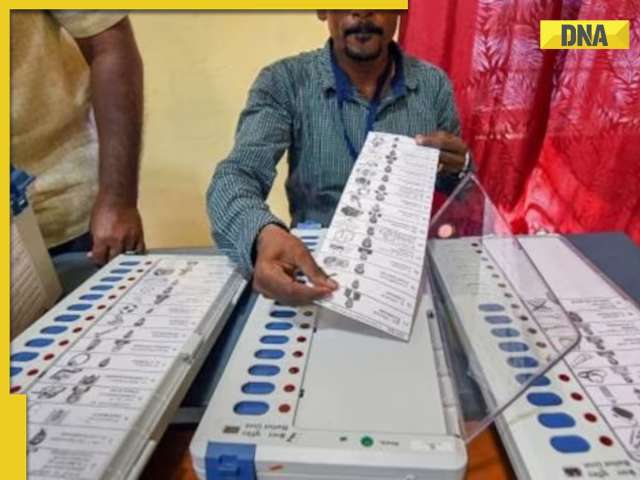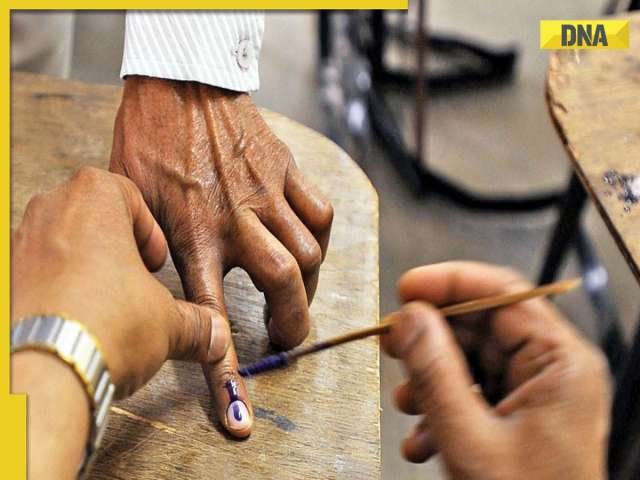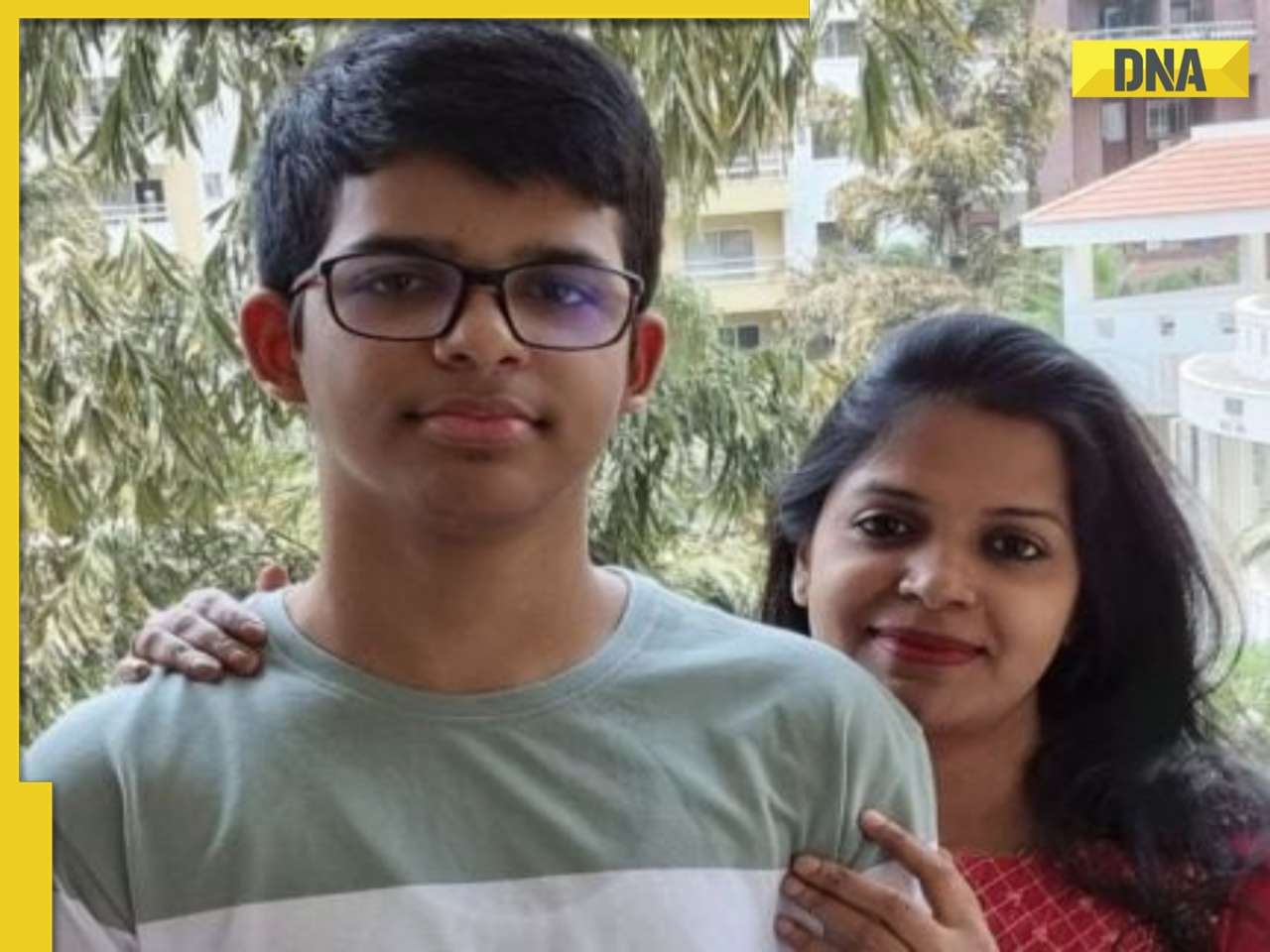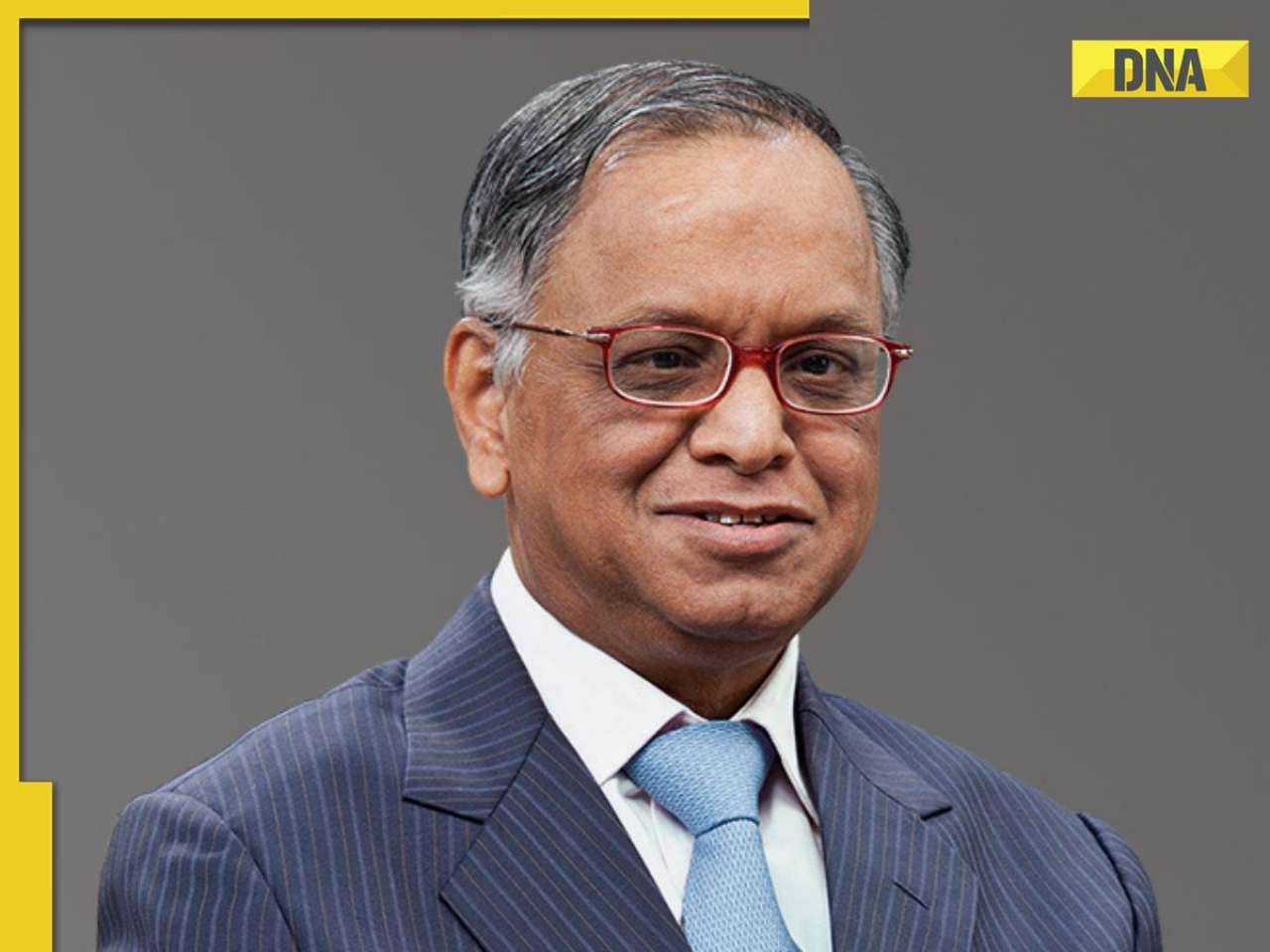When banking with a private bank, keep an eye on your savings account
MUMBAI: Kavi Kumar was leaving town and this time for a change, his friends had come to see him off. The goodbyes and see yous done with, Kumar settled into his seat as the train chugged out of Victoria Terminus. He pulled out the bundle of envelopes that the mailman left at his doorstep over the past few superbusy days.
Now that he had hours to kill, Kumar could finally sort his mail out. The first two were routine promotional mails but the third one caught his attention as soon as he ripped it open. It was a quarterly statement sent by his bank and was showing a debit of Rs 750 that Kumar didn’t remember making. A closer look revealed that the amount was debited for non-maintenance of average quarterly balance in his account.
“How can they charge Rs 750 for something like this!” Kumar fumed to himself. “Well, they can and they do,” he heard a female voice say from the seat opposite his.
“Excuse me?” Kumar raised an eyebrow. Unfazed, the woman whom the voice belonged to replied, “I’m guessing that you have been charged for not maintaining an average quarterly balance of Rs 5,000.” “Yes,” said Kumar.
“In the good old days, you could maintain a minimum balance of Rs 500 in your account and get away with it. The world is not that simple anymore. Like everything else around us, banking has become complex,” the woman said. She then extended her hand to Kumar and introduced herself as Shalini Saxena. “And I work for a private sector bank,” she added.
Kumar couldn’t help but ask Shalini to explain to him in detail the system of average quarterly balance. He handed the bank statement over to her. “Yup, sure,” she said, reading it closely before continuing, “See your statement tells me that your bank, in order to calculate the average quarterly balance, takes the period between the 25th of the last month of previous quarter to the 24th of the last month of the quarter in question. So, for the quarter ending March 31, 2008, the average quarterly balance would be calculated for the period December 25, 2007, to March 24, 2008. The period has a total of 90 days and on an average, your savings account should
have Rs 5,000.
This effectively means that you can keep Rs 4,50,000 for a day in this account to meet the average quarterly balance of Rs 5,000.
(Rs 4,50,000/90 = Rs 5,000),” Shalini said. Seeing his baffled look, she smiled and added, “Another option is that you maintain a balance of Rs 5,000 on each of the 90 days of the quarter.”
“But that’s how it was. I rarely use this account and I always keep Rs 5,000 in my account. Then, why have they cut Rs 750?” Kumar protested.
Shalini pointed out to him that the bank had debited Rs 100 as the annual fee for his debit card. The fee pushed his average quarterly balance to below Rs 5,000, leading to the charge of Rs 750.
Kumar remained unconvinced. “How can they have a blanket charge of Rs 750? This means that if I had no money in my account at all, then too they would charge Rs 750. Not only is the fine too high, but it is also disproportional. Shouldn’t people who maintain greater balance be charged a lower fine?” he asked.
“In an ideal world, maybe. But that’s not how banks work,” was Shalini’s reply. She pointed to other charges that banks usually levy for savings accounts that don’t maintain the required balance. Only five transactions at the bank branch are free per quarter and a fee of Rs 50 is applicable thereafter for such accounts. Ditto with ATM transactions. Then there’s the cost of chequebooks, for which Rs 5 is charged per leaf. “Most new generation private sector banks have these charges,” she said.
The message sunk in and Kumar thanked her for the detailed explanation. “I think I will just close this account because I don’t use it anyway. The idea behind keeping this account active was to have one in addition to my salary account,” he said. To this,
Shalini said that public sector banks were much better when it came to savings accounts. “There, it is still like the old days. In the case of State Bank of India, you need to maintain a minimum balance of just Rs 1,000 if your account is in an urban branch. If you don’t maintain that, the bank charges a fine of Rs 200. Bank of Baroda too has a minimum balance requirement of only Rs 1,000 for metro branches,” Shalini said.
Sensing his apprehensions over PSU banks, she said that these days, they too have many ATMs, which till a few years ago were rare for public sector banks.
The signs of confusion evaporated from Kumar’s face and he once again thanked Shalini. “I didn’t know train journeys could be so informative,” he smiled, offering her a bag of peanuts he pulled out of his backpack.
(The example is hypothetical)
k_vivek@dnaindia.net
![submenu-img]() SL vs SA, T20 World Cup 2024: Nortje, Rabada shine as South Africa beat Sri Lanka by 6 wickets
SL vs SA, T20 World Cup 2024: Nortje, Rabada shine as South Africa beat Sri Lanka by 6 wickets![submenu-img]() Odisha Lok Sabha Election Results 2024: Party-wise Winners to Be Announced Soon
Odisha Lok Sabha Election Results 2024: Party-wise Winners to Be Announced Soon![submenu-img]() Madhya Pradesh Lok Sabha Election Results 2024: Full List of Winner and Loser Candidates will be announced Soon
Madhya Pradesh Lok Sabha Election Results 2024: Full List of Winner and Loser Candidates will be announced Soon![submenu-img]() Chandigarh Lok Sabha Election Result 2024: Full List of Winner and Loser Candidates Will Be Announced Soon
Chandigarh Lok Sabha Election Result 2024: Full List of Winner and Loser Candidates Will Be Announced Soon![submenu-img]() Tamil Nadu Lok Sabha Election Results 2024: Full List of Winner and Loser Candidates will be announced Soon
Tamil Nadu Lok Sabha Election Results 2024: Full List of Winner and Loser Candidates will be announced Soon![submenu-img]() Meet man who won medals for India in bodybuilding, cracked UPSC in 1st attempt, resigned as IRS after 10 years due to...
Meet man who won medals for India in bodybuilding, cracked UPSC in 1st attempt, resigned as IRS after 10 years due to...![submenu-img]() IIT-JEE topper with AIR 1 joins IIT Bombay, gets job at NASA as scientist, leaves to work as…
IIT-JEE topper with AIR 1 joins IIT Bombay, gets job at NASA as scientist, leaves to work as…![submenu-img]() Meet man who grew up in orphanage, began working at 10 as cleaner, delivery boy, then became IAS officer, is posted at..
Meet man who grew up in orphanage, began working at 10 as cleaner, delivery boy, then became IAS officer, is posted at..![submenu-img]() Meet UPSC topper who cleared JEE Advanced, went to IIT Kanpur, left high-paying job to become IPS officer, secured AIR..
Meet UPSC topper who cleared JEE Advanced, went to IIT Kanpur, left high-paying job to become IPS officer, secured AIR..![submenu-img]() Meet woman who cracked UPSC exam twice, left IPS to become an IAS officer, secured AIR...
Meet woman who cracked UPSC exam twice, left IPS to become an IAS officer, secured AIR...![submenu-img]() DNA Verified: Did Kangana Ranaut party with gangster Abu Salem? Actress reveals who's with her in viral photo
DNA Verified: Did Kangana Ranaut party with gangster Abu Salem? Actress reveals who's with her in viral photo![submenu-img]() DNA Verified: New Delhi Railway Station to be closed for 4 years? Know the truth here
DNA Verified: New Delhi Railway Station to be closed for 4 years? Know the truth here![submenu-img]() DNA Verified: Did RSS chief Mohan Bhagwat praise Congress during Lok Sabha Elections 2024? Know the truth here
DNA Verified: Did RSS chief Mohan Bhagwat praise Congress during Lok Sabha Elections 2024? Know the truth here![submenu-img]() DNA Verified: Is CAA an anti-Muslim law? Centre terms news report as 'misleading'
DNA Verified: Is CAA an anti-Muslim law? Centre terms news report as 'misleading'![submenu-img]() DNA Verified: Lok Sabha Elections 2024 to be held on April 19? Know truth behind viral message
DNA Verified: Lok Sabha Elections 2024 to be held on April 19? Know truth behind viral message![submenu-img]() Lok Sabha Elections 2024: What are exit polls? When and how are they conducted?
Lok Sabha Elections 2024: What are exit polls? When and how are they conducted?![submenu-img]() DNA Explainer: Why was Iranian president Ebrahim Raisi, killed in helicopter crash, regarded as ‘Butcher of Tehran’?
DNA Explainer: Why was Iranian president Ebrahim Raisi, killed in helicopter crash, regarded as ‘Butcher of Tehran’?![submenu-img]() DNA Explainer: Why did deceased Iranian President Ebrahim Raisi wear black turban?
DNA Explainer: Why did deceased Iranian President Ebrahim Raisi wear black turban?![submenu-img]() Iran President Ebrahim Raisi's death: Will it impact gold, oil prices and stock markets?
Iran President Ebrahim Raisi's death: Will it impact gold, oil prices and stock markets?![submenu-img]() Haryana Political Crisis: Will 3 independent MLAs support withdrawal impact the present Nayab Saini led-BJP government?
Haryana Political Crisis: Will 3 independent MLAs support withdrawal impact the present Nayab Saini led-BJP government?![submenu-img]() Neha Sharma reveals if her father's political career has backfired on her in Bollywood: 'I am not here to promote...'
Neha Sharma reveals if her father's political career has backfired on her in Bollywood: 'I am not here to promote...'![submenu-img]() Venom The Last Dance trailer: Tom Hardy and his symbiote fight aliens in trilogy's finale, film to release on...
Venom The Last Dance trailer: Tom Hardy and his symbiote fight aliens in trilogy's finale, film to release on...![submenu-img]() Ammy Virk defends Diljit Dosanjh's decision to not wear a turban in Amar Singh Chamkila: 'You can't stop the trolls'
Ammy Virk defends Diljit Dosanjh's decision to not wear a turban in Amar Singh Chamkila: 'You can't stop the trolls'![submenu-img]() This flop of Aishwarya Rai was rejected by Priyanka Chopra, didn't earn even Rs 10 crore, director took 12 years to...
This flop of Aishwarya Rai was rejected by Priyanka Chopra, didn't earn even Rs 10 crore, director took 12 years to...![submenu-img]() Annu Kapoor reveals why he did Hamare Baarah, reacts strongly to those demanding ban on film: 'If they bring a gun...'
Annu Kapoor reveals why he did Hamare Baarah, reacts strongly to those demanding ban on film: 'If they bring a gun...'![submenu-img]() Watch viral video: Isha Ambani stuns during Anant Ambani and Radhika Merchant's pre-wedding celebrations in Italy
Watch viral video: Isha Ambani stuns during Anant Ambani and Radhika Merchant's pre-wedding celebrations in Italy![submenu-img]() Former air hostess reveals harsh realities of flight attendant job, says 'people think...'
Former air hostess reveals harsh realities of flight attendant job, says 'people think...'![submenu-img]() 'Egg fry or fish fry': Viral video shows egg dish looking like goldfish; watch
'Egg fry or fish fry': Viral video shows egg dish looking like goldfish; watch![submenu-img]() Viral: IndiGo crew protects passengers from rain, watch heartwarming video
Viral: IndiGo crew protects passengers from rain, watch heartwarming video![submenu-img]() This variety of mango costs Rs 2.50-3 lakh a kg, know why
This variety of mango costs Rs 2.50-3 lakh a kg, know why




























































)
)
)
)
)
)